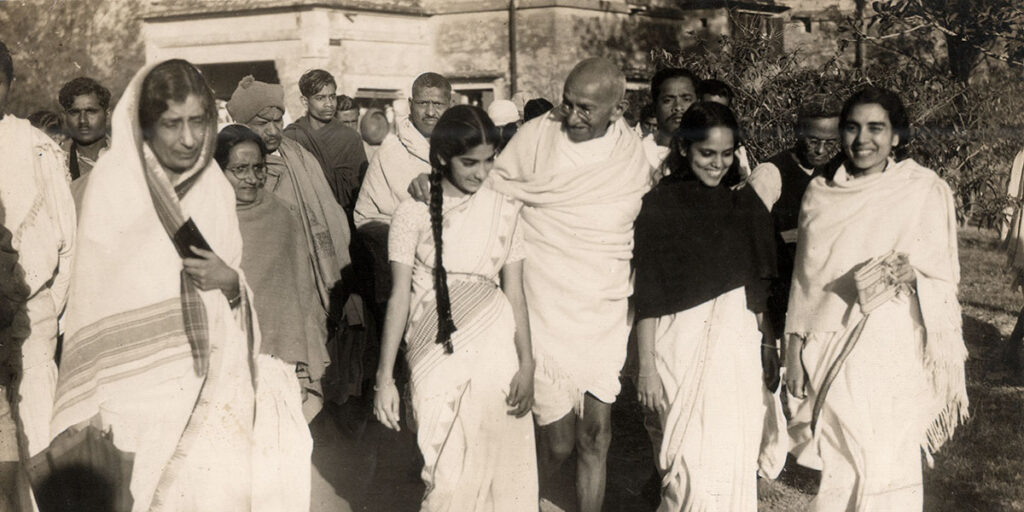
BY RENU MEHTA, TORONTO:
The World is Family at the Toronto International Film Festival (TIFF) is Anand Patwardhan’s most personal film where he chronicles his parents’ lives as he goes down memory lane to discover their journey interspersed with his politically connected family. The film is about family values, humanity, love as well as political influence.
Filmed over 20 years as a home grown film, the personal journey intertwined with the tumultuous and violent years of India’s independence. Over intimate conversations, Patwardhan interviews Balu, his father and Nirmala, his mother who had a love marriage. The latter, who grew up in Hyderabad, Sindh, before partition, attended a non- communal school founded by Nobel Prize–winning poet, composer, and philosopher Rabindranath Tagore in Bengal.
While directing a portrait of his parents, Patwardhan also discovers his family’s relationship with Gandhi and India’s independence movement. As well, the film maker interviewed other relatives for their memories of figures such as Mahatma Gandhi, Jawaharlal Nehru and B.R. Ambedkar.
The documentary showcases that the filmmaker’s father, Balu, had elder brothers who embodied the dual sides of the fight against British colonialism. On the non-violent side was his Uncle Rau, whose activism got him imprisoned for many years. On the revolutionary side was his Uncle Achyut, who led an underground movement using aliases.
The film making process was a learning in many ways.
“I knew things vaguely. It was only when I started talking to my parents that the details came out. I knew they were connected, but I didn’t know everyone in my family had gone to jail except my father. Even his mother went to jail,” said Patwardhan in an interview at TIFF. “I didn’t know my Sindhi side of the family that they were also part of the freedom struggle to some extent. My grandfather gave money to the freedom movement.”
The film maker travelled to Karachi and Hyderabad in Pakistan and found the people to be very welcoming.
“When I went to Karachi, it was quite amazing. The people were so hospitable. When I went to Hyderabad, Sindh, I found that my grandfather’s family name was still there. There is a street named after that; they have a library named after him,” he says. “The people of Pakistan were extremely friendly especially when they found out that I was from India. People on both sides are hungry to meet each other. It’s only the governments that are opposed.”
In the film, Patwardhan explores the divisive politics between Hindus and Muslims and highlights how the roots of these conflicts date back to British rule, championing forgotten figures such as Pakistani political leader Allah Bakhsh, who advocated against partition.
While the film sends out a message grounded in love and humanity, the filmmaker is quite worried about the current political environment and encourages unity between Hindus and Muslims, a value that that he says needs reasserting in modern politics.
“I want people to see that those who fought for India’s freedom are completely different from the India of today,” he says. “We are headed in the exact opposite direction from what the freedom struggle was. People who fought for independence wanted a secular country.”
